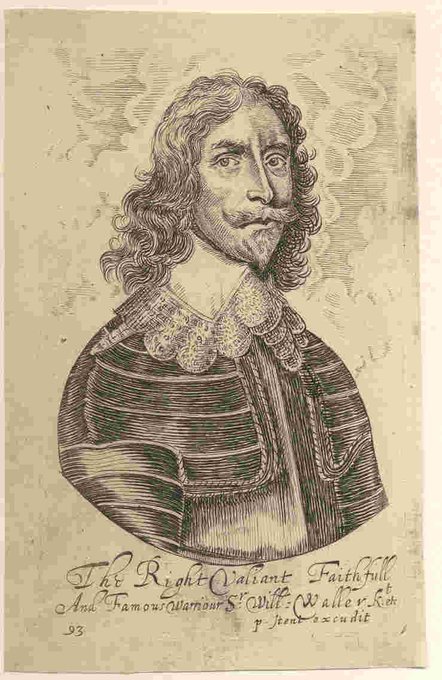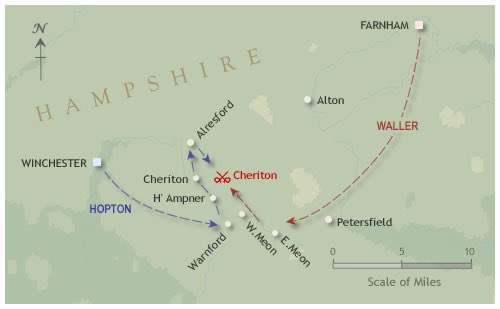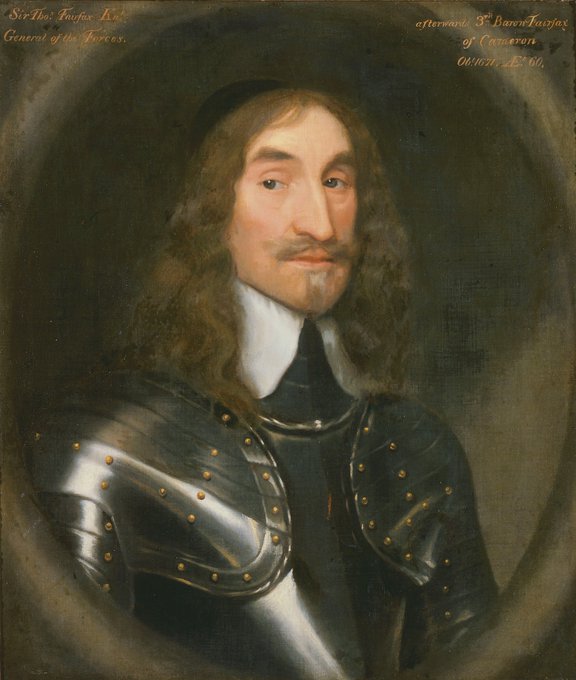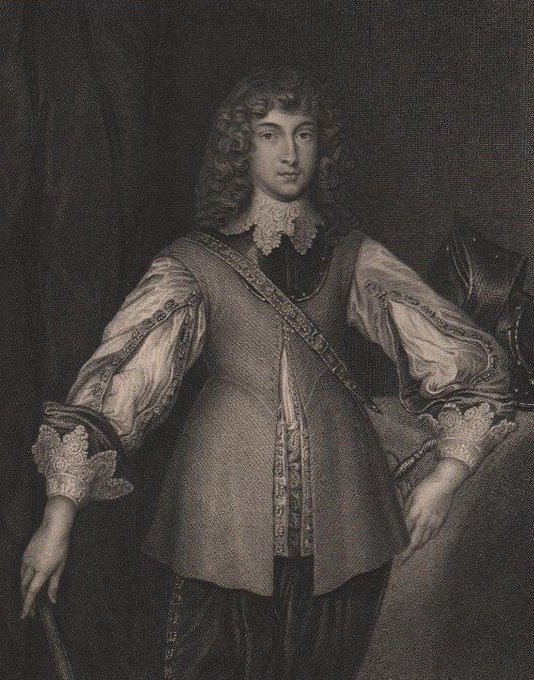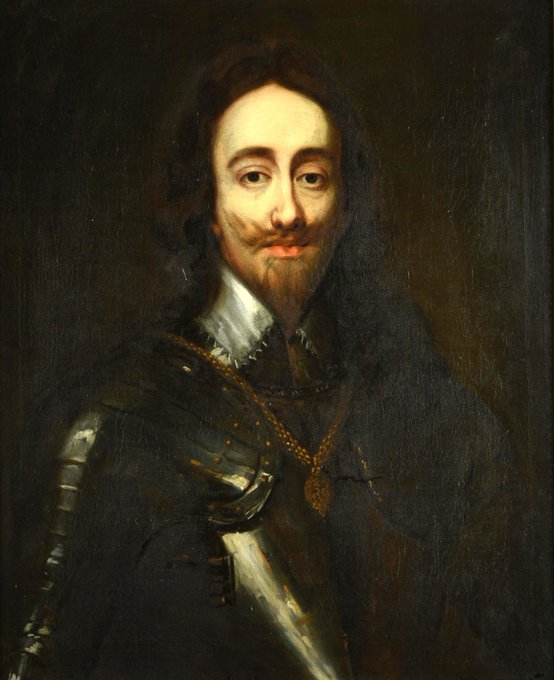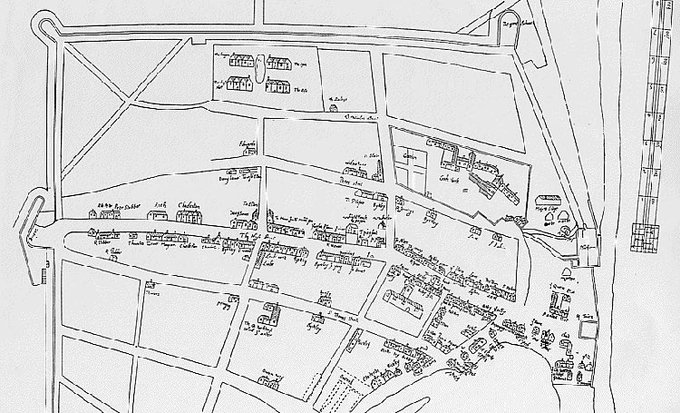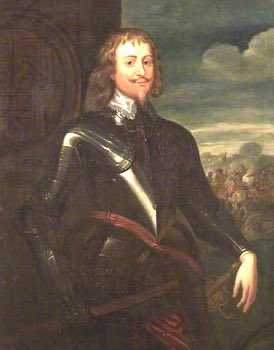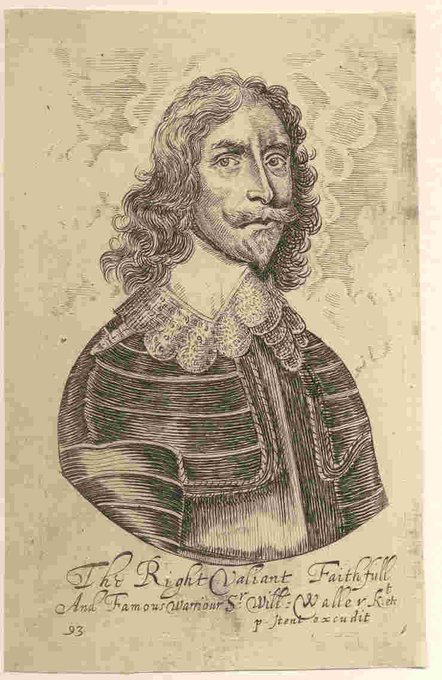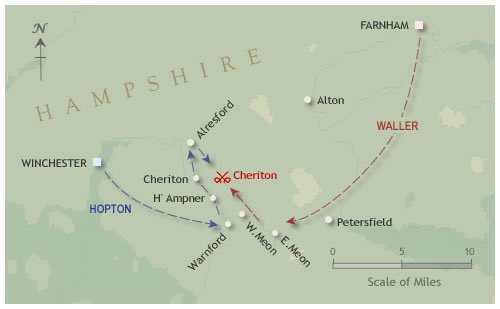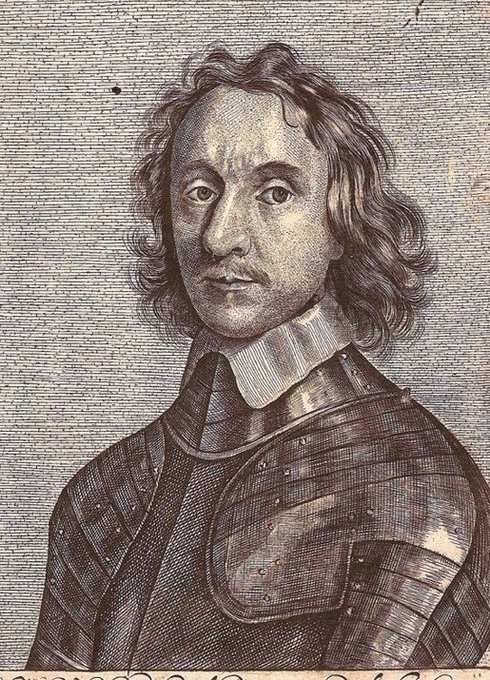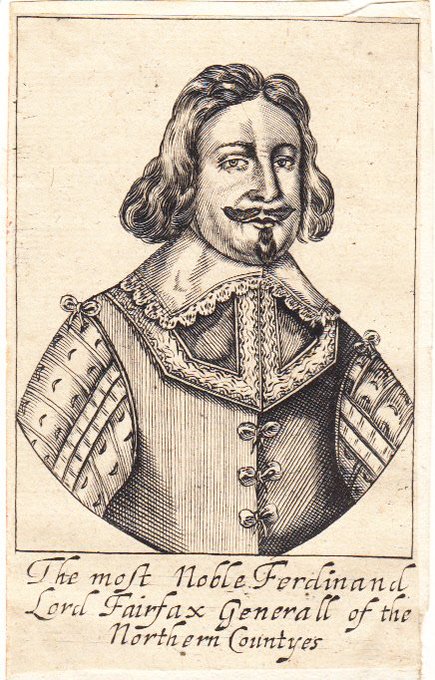EnglishcivilwarのTwitterイラスト検索結果。 60 件
#OnThisDay 29 March 1644 was the Battle of Cheriton (Alresford) in Hampshire. Sir William Waller's Parliamentarians defeated Royalist forces under the Earl of Forth and Lord Hopton, ending their advance in the south-east. ##EnglishCivilWar #17thCentury #OTD
#OnThisDay 21 January 1645 the House of Commons voted Sir Thomas Fairfax to become commander-in-chief of Parliament's 'Army New Modelled', with Philip Skippon as his Major-General. A number of Colonels were also appointed. #EnglishCivilWar #17thCentury #OTD
#OnThisDay 19 January 1644 the Scots Army of the Covenant under the command of Alexander Leslie, 1st Earl of Leven crossed the River Tweed into England, walking 20 miles knee deep in snow, as allies of the Parliamentary Cause. #BritishCivilWars #EnglishCivilWar #17thCentury #OTD
Happy birthday Sir Thomas Fairfax - Parliamentary general and too often unsung hero of the #EnglishCivilWar, born #OnThisDay 17 January 1612. Portraits of him in our collection. #17thCentury #OTD #RiderOfTheWhiteHorse
#OnThisDay 13 December 1643 in a surprise attack, Sir William Waller's Parliamentarian forces stormed Alton in Hampshire. The Royalist defenders conducted a last stand in the Church of St Lawrence, which still has scars of the fighting today. #EnglishCivilWar #17thCentury #OTD
#OnThisDay 14 September 1645 King Charles I, influenced by Prince Rupert's enemies at court, dismissed him from his service for surrendering Bristol. Rupert would subsequently demand and be exonerated by a Court Martial. #EnglishCivilWar #17thCentury #OTD
#OnThisDay 7 September 1642 the Royalist commander of #Portsmouth George Goring surrendered the town under generous terms to Parliamentary forces under Sir William Waller. #EnglishCivilWar #17thCentury Thread 1/2
#OnThisDay 9 July 1643 the Earl of Essex wrote to Parliament complaining his army was inadequate; as such he proposed that peace negotiations with the King should be resumed. The letter backfired, being seen as evidence of Essex's unreliability. #EnglishCivilWar #17thCentury #OTD
#OnThisDay 5 July 1643 was the Battle of Lansdown in Somerset. Parliamentary forces under Sir William Waller were narrowly defeated by the Royalist western army; the Cornish Cavalier Sir Bevil Grenville was killed in the fighting. #EnglishCivilWar #17thCentury #OTD
#OnThisDay 30 June 1643 was the Battle of Adwalton Moor in Yorkshire, where Royalist forces under the Earl of Newcastle defeated Ferdinando, Lord Fairfax. As a result all of Yorkshire was left under Royalist control except for Hull & Bradford. #EnglishCivilWar #17thCentury #OTD
#OnThisDay 4 May 1643 Royalist forces commanded by William Cavendish, Earl of Newcastle, stormed the town of #Rotherham after a skirmish at the town's bridge, defended by local Parliamentarians including 30 boys from the town's grammar school. #EnglishCivilWar #17thCentury #OTD
#OnThisDay 9 April 1644 Parliamentarian forces under Sir William Waller stormed Winchester. They captured the town but the Royalist garrison held out in the castle. #EnglishCivilWar #17thCentury #OTD
#OnThisDay 29 March 1644 was the Battle of Cheriton (Alresford) in Hampshire. Sir William Waller's Parliamentarians defeated Royalist forces under the Earl of Forth and Lord Hopton, ending their advance in the south-east. ##EnglishCivilWar #17thCentury #OTD
#OnThisDay 19 February 1643 Parliamentarian forces took control of the county town of #Lancaster. #EnglishCivilWar #17thCentury #OTD
Meet Roger L’Estrange in
FOR THE KING https://t.co/STrSD6SYpm and
REBELLION Kindle: https://t.co/GRa9L5j02B Print: https://t.co/mYKWOHvsFC
#kingslynn #englishcivilwar #HistoricalFiction #TrueStory
#Kent uprising, Battle of #Maidstone.
#OnThisDay 3 December 1642 The Earl of Newcastle entered #York, securing it for King Charles I. It would remain a Royalist stronghold for the next two years. #17thCentury #EnglishCivilWar #OTD
#OnThisDay 25 November 1644 Oliver Cromwell denounced the Earl of Manchester's leadership of the Eastern Association army in Parliament. The ensuing debates led to reforms in Parliament’s armies and increased professionalisation of its officers. #EnglishCivilWar #17thCentury #OTD
#OnThisDay 9 October 1643 Parliamentary forces under the Earl of Manchester, Sir Thomas Fairfax and Oliver Cromwell were besieging Bolingbroke Castle in Lincolnshire. #EnglishCivilWar #17thCentury #OTD
#OnThisDay 19 September 1642 #Yorkshire Parliamentarians proclaimed Ferdinando, 2nd Lord Fairfax as their leader. His son, Sir Thomas Fairfax, would be his deputy and go on to even greater things... #EnglishCivilWar #17thCentury #OTD
#OnThisDay 14 September 1645 King Charles I, influenced by Prince Rupert's enemies at court, dismissed him from his service for surrendering Bristol. Rupert would subsequently demand and be exonerated by a Court Martial. #EnglishCivilWar #17thCentury #OTD

